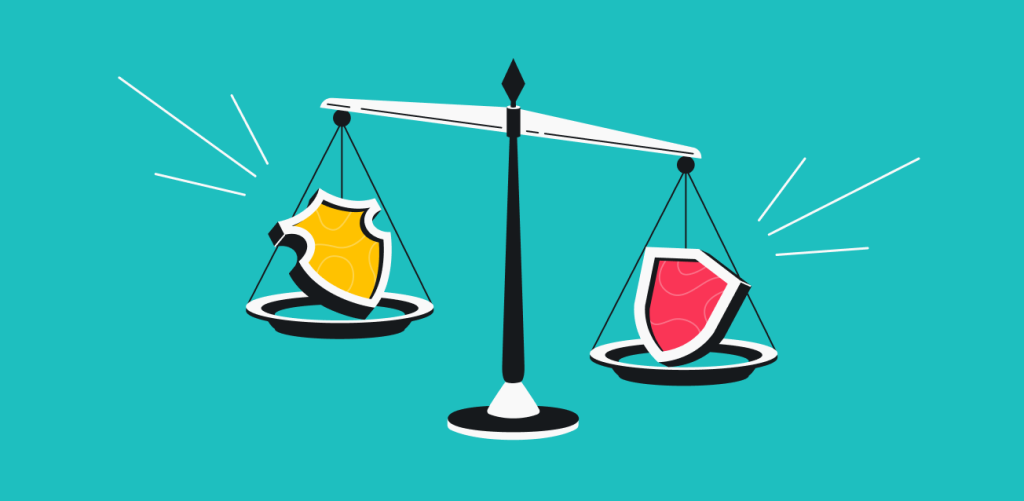In today’s digital age, where privacy and security are of utmost importance, Virtual Private Networks (VPN) have gained immense popularity. However, many people are still unclear about the legality of VPNs and the regulations surrounding their usage. In this article, we will explore the basics of VPN legality and delve into the intricacies of VPN regulations to help you understand what you need to know.
Is VPN Legal?
Many people wonder whether using a VPN is legal. The straightforward answer is yes, in most countries, VPNs are legal to use. VPNs are primarily tools designed to enhance online security and privacy. They allow users to encrypt their internet traffic and hide their IP addresses, making it difficult for third parties to track their online activities. As long as you are not engaged in any illegal activities while using a VPN, such as hacking or committing cybercrimes, you can rest assured that using a VPN is legal and within your rights.
However, it’s essential to note that the legality of VPNs may vary from one country to another. Some countries impose restrictions on VPN usage, especially those with autocratic regimes or stringent censorship laws. In such countries, the government controls internet access and may block VPN services to prevent citizens from bypassing their surveillance. Before using a VPN in a foreign country, it is advisable to research the local laws and regulations to ensure you do not inadvertently breach any legal provisions.
Understanding VPN Regulations
While VPNs themselves may be legal, there are certain regulations and restrictions imposed on their usage. For instance, some countries require VPN service providers to register with the government or obtain specific licenses. This allows authorities to monitor VPN activities and potentially gain access to user data if necessary for criminal investigations. Users should be cautious about using VPNs based in countries with strict data retention laws, as their privacy may be compromised.
Moreover, certain activities conducted through a VPN may be deemed illegal, regardless of the VPN’s legality. For example, using a VPN to engage in copyright infringement, distribute illegal content, or participate in cybercrimes is unlawful in most jurisdictions. While VPNs can protect your privacy, they do not grant immunity for engaging in illegal activities. Users must always abide by the laws of their respective countries, even when using a VPN.
In conclusion, VPNs are generally legal tools that provide users with enhanced security and privacy online. However, it is crucial to understand the legalities and regulations surrounding VPN usage, as they can vary from one country to another. By ensuring that you use a reputable VPN service and comply with the laws of your jurisdiction, you can enjoy the benefits of a VPN while staying on the right side of the law. Remember, a VPN is a valuable tool for protecting your online privacy, but it is not a means to engage in illegal activities.

